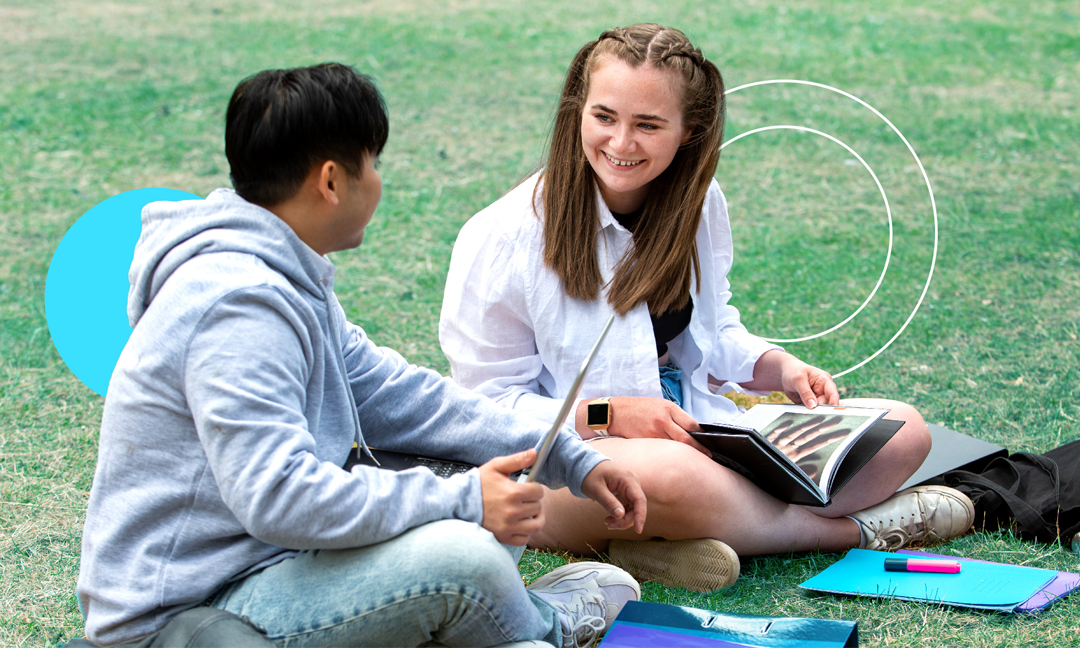Last spots for Class of 2026 seniors — get expert college counseling before deadlines. Submit inquiry.
Last spots for Class of 2026 seniors — get expert college counseling before deadlines. Submit inquiry.

Most students know they need to join clubs and show leadership by 11th grade to strengthen their college applications. But the smartest students? They start tracking their college activity list in 9th grade.
Starting your extracurricular planning for college this early helps students reflect on their growth, identify genuine interests, and prepare for the Common App activities list with ease. It’s not just about being organized, it’s about capturing the full story of your high school experience while the details are still fresh.
Documenting extracurricular activities for college applications early helps students focus their time wisely and pursue what truly excites them. While official clubs matter, colleges value anything that shows initiative, curiosity, and impact — whether in school, at home, or in the community.
Capture more meaningful details:
You’ll remember the specific projects you led, the number of people you helped, and the exact skills you developed. These memory contains all the essential information for a strong Common App activities list.
Identify patterns early:
Starting early helps reveal your genuine interests, not just what you think colleges want to see. This leads to more authentic involvement and better opportunities for leadership.
Have time to develop depth:
Instead of scrambling to join clubs in 11th grade, early college prep for high school freshmen allows you to commit to fewer but more meaningful activities and demonstrate growth and impact over several years.
If you’re looking for a template on how to start building a college activity list, begin with a spreadsheet with these five columns:
| Column | What to Include |
|---|---|
| Activity Name | Club, sport, volunteer work, job, or project |
| Role / Position | Member, leader, volunteer, employee |
| Time Commitment | Hours per week, months active |
| Key Achievements | Specific accomplishments, measurable results |
| Skills Developed | Leadership, teamwork, communication, and technical skills |
Update this list monthly and encourage your child to reflect:
Many families assume that only official school clubs or leadership roles count as extracurriculars. In reality, colleges look for anything that shows initiative, curiosity, and impact, both inside and outside the classroom.
When students complete the Common App activities list, they’re asked to categorize each activity. Some fit neatly into school-based categories (like clubs or teams), while others come from personal passions, jobs, or family commitments. Understanding this early helps students make more intentional choices when planning extracurriculars for college.
Here are examples of extracurricular activities you or your child can start exploring as early as 9th grade:
Academic activities:
Science fair projects, writing contests, academic competitions, research projects with teachers.
Creative pursuits:
Art shows, music performances, creative writing, photography projects, starting a blog or YouTube channel.
Work and entrepreneurship:
Part-time jobs, babysitting, tutoring, lawn care business, selling handmade items.
Family responsibilities:
Caring for siblings, helping elderly relatives, translating for family members.
Community involvement:
Religious activities, cultural organizations, neighborhood projects, informal volunteering.
Summer experiences:
Camps, travel, internships and intensive courses. These often become your most compelling activities, so check out our complete summer activity guide to plan meaningful experiences worth tracking.
At AcceptU, our former admissions officers regularly work with students to maintain and review their activity lists. Here’s how we help them stay intentional:
Students who begin extracurricular planning for college in 9th grade don’t just create better applications; they make better decisions in high school. They:
By senior year, they’re not scrambling to remember what they did. They’re crafting a clear, compelling story—one that’s grounded in years of thoughtful involvement.
Your next step: Create your tracking document today. Start with activities you’re already involved in, then add new ones as you join them. Your future self will thank you when it’s time to write those college applications.
The best college activity list isn’t built in junior year—it’s built, one achievement at a time, starting in 9th grade. Book a consultation with an AcceptU counselor to build a custom extracurricular strategy—starting as early as grade 8.
It’s common for families to feel stretched between academics, activities, and downtime. When parenting time conflicts with extracurricular activities, open communication and thoughtful planning make all the difference. Encourage your child to plan ahead, prioritize meaningful commitments, and avoid overscheduling. At AcceptU, our counselors view parents as essential partners, we guide families in creating realistic activity schedules that support both academic growth and personal growth.
Yes. Volunteering is one of the most meaningful ways to demonstrate character and impact. Whether it’s tutoring younger students, organizing fundraisers, or helping local nonprofits, service experiences show empathy and initiative. These are the qualities every admissions officer appreciates and what Ivy League schools look for.
Balance comes from planning and intention. Students don’t need to do everything, they just need to do the right things well. Limit commitments to what truly matters and connect each activity to a broader purpose or goal.
There’s no single “best” list. Ivy League and Ivy+ colleges look for authenticity, consistency, and impact. That might mean founding a club, conducting research, launching a nonprofit, or leading a community project. What matters most is that the activity connects to the student’s genuine interests and demonstrates growth over time.

Marc is the author of Untangling the Ivy League, a best-selling guidebook on the Ancient Eight. He earned a BA from Cornell University and an MBA from University of North Carolina – Chapel Hill. Marc chaired the admissions ambassadors at Cornell and the admissions advisory board at UNC.

